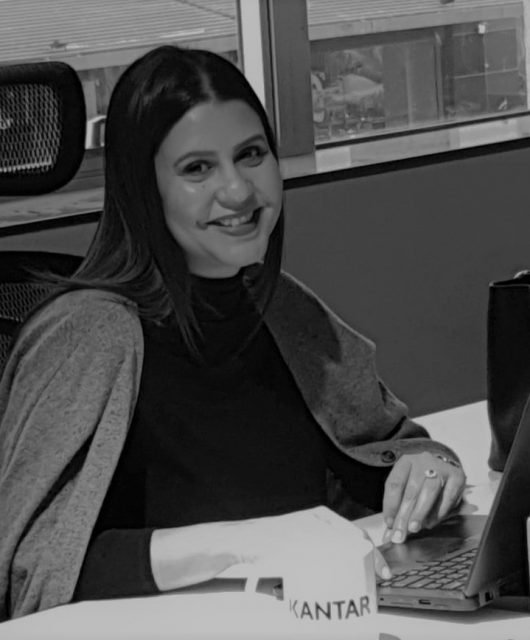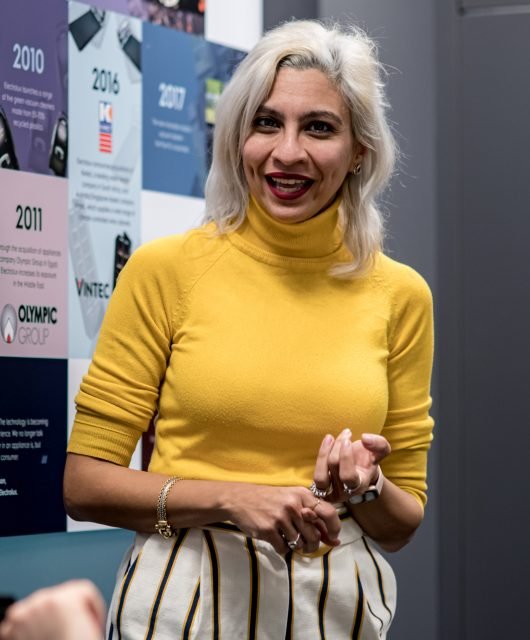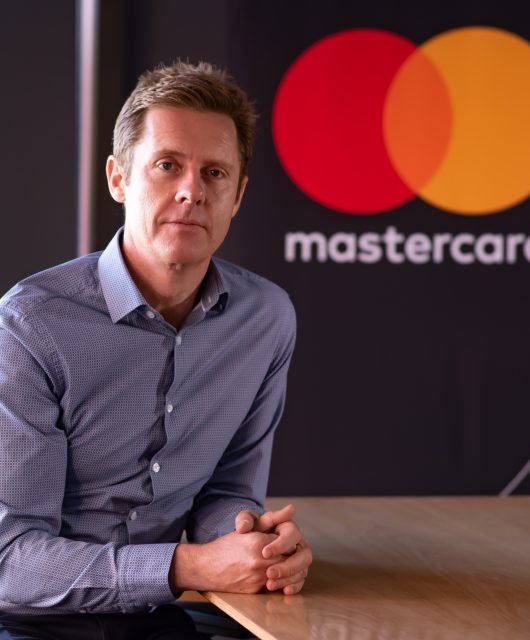Defining Creative Effectiveness And What I Am Looking For At This Year’s Dubai Lynx
By: Anna Vogt, UK Chief Strategic Officer, VMLY&R

With awards season upon us, lots of us will be sweating our entries with a fine-tooth comb. Making sure we are positioning the work in the best possible light, through the best possible results. And in the process, we will often ask ourselves: can we prove our success?
How we define and unpack success is often the difference between winning and losing. And because not all success is equal in the eyes of the jury, it’s important that we consider what it takes to prove it.
Success, or effectiveness as we mostly refer to it, is usually defined by a set of business metrics that show we have increased sales, volume, or value, measuring everything from penetration to stock prices, brand awareness, and preference.
But I would argue that to truly reflect the value of our industry, we need to evolve our definition and, to some extent, bias towards hard business metrics to a place that equally embraces other measures of outcome.
Here are a few pillars we should be looking out for this year, as we marvel at the power of strategy and creativity to move business and society forward.
Money: This is still a big one, and a well-trodden area with many widely recognized frameworks and metrics to prove it. Most of our work serves as a catalyst to propel growth for clients’ businesses. We must demonstrate that as a result of our strategy and creative ideas, we were able to generate more money than was spent on making and running the work. Typically, this will be an ROI calculation. At the end of the day, the CMO must be able to tell their CEO that advertising was a more profitable course of action than investing that money in other activities. Most of you will be very familiar with this one!
Minds: Much of a strategist’s work consists of influencing opinions and behaviours. How do we change minds and hearts? Ultimately these will end in some type of business transaction or brand tracking uplift, but not always. How, for example, do you measure that you’ve moved someone’s prejudice towards the right for females to be educated? The ultimate result will be long-term, where we see more women enrolled in education. But how do we reward incremental advancements? It’s easy to prove that people prefer ice cream brand A to ice cream brand B. But how do we measure brave and important work being done to further agendas such as human rights? Attitude surveys (pre and post) may help, initial short-term traction, but these wouldn’t stand up to the same kind of scrutiny we place on business results. And too often cases like these are dismissed because effectiveness was too hard to prove. Goodwill won’t cut it.
Mobilisation: Proving mobilisation (or action- but that didn’t start with an ‘m’) is an interesting and important criterion. It might be the thing that precedes concrete results. Often measured in the now frowned-upon currency of likes, retweets, and shares, mobilisation is the metric between being a passive bystander and an active participant. This is an important consideration when assessing protest campaigns (against policies and governments), environmental initiatives, and social interventions. How do we recognise the fact that any change, no matter how small, can represent a big step forward? Bravery can’t always be measured in numbers. But intent and first steps are as admirable and precious and necessary as monetary returns. As an industry, we need to do much more work in this area to send the right signals and award not just work that is good but work that is for good.
Momentum: Momentum is what you want to see in the absence of proven long-term impact. Many awards entries do not have the longevity or data to support a behaviour change, a policy change, or a business change. So, momentum becomes an amalgamation of all the above. Has a campaign shown the first green shoots of success in terms of money, minds, or mobilisation? What are the initial changes that have been achieved that give you the confidence you are heading in the right direction? What would you expect to see over the coming months and years and how are you tracing against that?
Success is accomplishing what you set out to achieve.
That will be different for every brand, category, and often market, too. It’s important we define what success for each case looks like. Why you have defined it in the way you have and how strategy has been designed to achieve it. What is the goal and what are the steps along the way that we must recognise as wins, and successes in order to give our clients the confidence to keep going.
The more we endeavour to use judging opportunities like Dubai Lynx to create frameworks that make it easier for the international judging community to benchmark and recognise a spectrum of accomplishments, the better off we will be in creating a better-rounded definition of effectiveness to celebrate success beyond financial returns.





